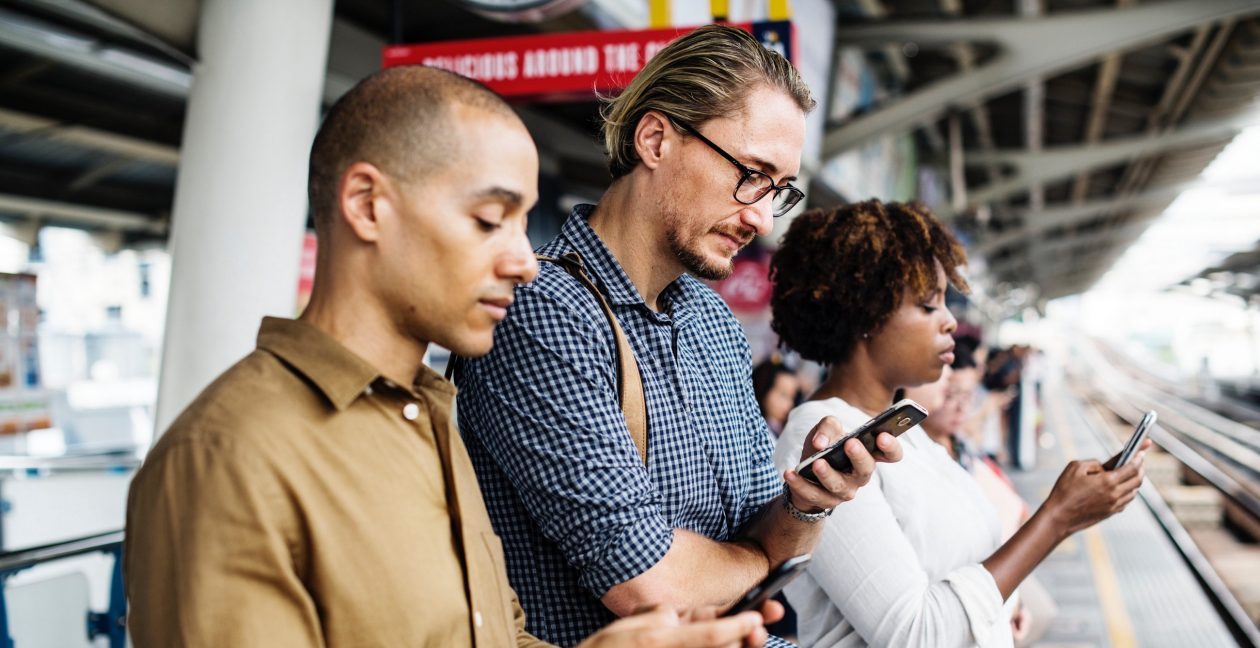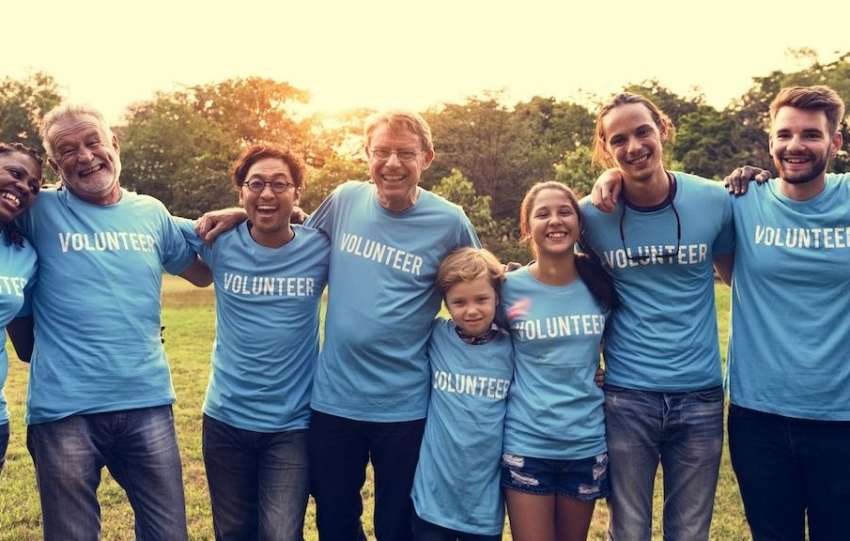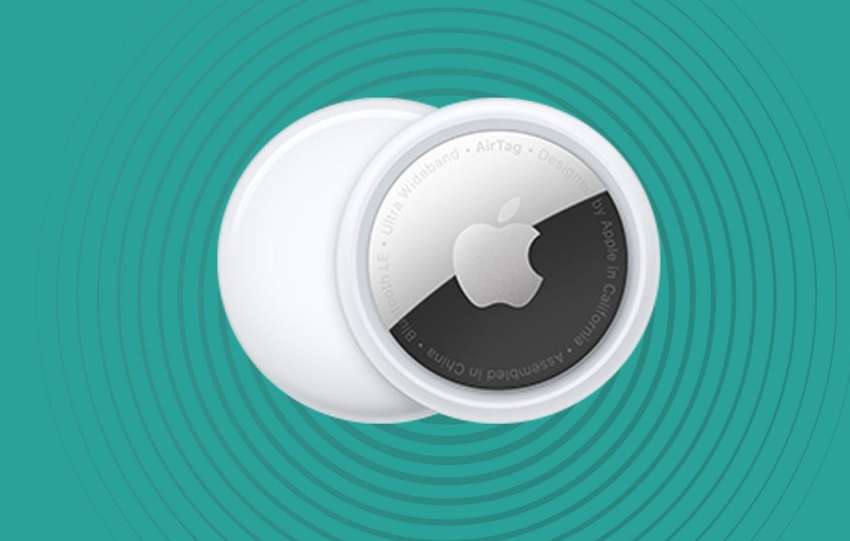Did you know that by the end of 2017 more than 3.5 billion people could access the internet? In comparison to the global population reaching close to 8 billion, that roughly makes it one in two people.
Interestingly, there was an astounding 3 billion plus active social media users by the end of the same year. On Facebook and WhatsApp alone, there are more than 60 billion user interactions each day. Additionally, Google records more than 100 billion searches per month.
There are so many social media users that it’s become the new internet. Seeing the sudden increase in mobile technology, it is not surprising to see many platforms now relying on mobile users.
Social media keeps us connected. You surely wouldn’t want to miss out on the recent international buzz, fashion blogs, or some local event that got everyone speculating.
 Feeding our ego
Feeding our ego
Social media is nice. In fact, there is nothing bad about being a regular user. The only problem comes when you overindulge in it – for some, social media controls their lives causing addiction.
For instance, how often do you check to see whether someone has noticed your recent post? Or if someone has posted a comment, given a like or shared your image? There isn’t a standard measure of social media addiction but if you log in regularly to check social media activity, you are addicted and need help.
The lives of people through social media is usually distorted with them always seeking to show the world that they are living the life. It could be that social media has metamorphosed the society into a bunch of narcissistic people.
In a recent survey of 25,000 people using social media, it became evident that addiction to social media causes low self-esteem, narcissism and low levels of self-consciousness. Is there a link between the three and social media addiction?
According to researchers, a lot of people like ego enhancing activities which is what social media brings, owing to the rapid responses and reactions to posts and media, enhancing the ego of many individuals.
There isn’t a problem with the occasional ego boost from photos you like, and it shouldn’t be the measure of how happy people get until we long for more feedback and likes.
One person, two lives
Social media has too much information about us than it should actually have. In fact, it could be a mirror of what our lives look like that we have to keep up with the posts and image uploading.
By the fact that a computer is programmed never to forget, there is as much information in it similar to the situation of life we find ourselves in. Even still, we don’t need to upload anything since there are millions of shady applications and software which track and keep our data.
Google, for instance, can know our location, know what we type even without clicking on the search bar and also keep our browsing history.
Increased vulnerability to the violation of internet protocols
By now, everyone knows of the Facebook scandal involving Cambridge Analytica and the breach of user privacy. This is one example of how private data in the wrong hands will reveal our deepest secrets. This begs the question; can the government also spy on you?
WikiLeaks recently released a statement on one of their blogs that the CIA among other intelligence agencies can use social media to spy on people. By using an arsenal of viruses, Trojans and long lines of code, the CIA could bypass impossible firewalls to control social media accounts as well as mobile phones and TVs.
There are also cases where companies admit to storing user data and everything is outlined in their Terms and Conditions which few people ever read. It is even surprising to learn that everything that has been gathered about a person can be accessed and deleted because the company has “nothing to hide”. By blindly agreeing to Terms and Conditions we surrender our privacy. People need to realize that there is life beyond social media.
 Does it really matter what you do online?
Does it really matter what you do online?
Why can’t people realize they are being manipulated?







